Welcome:
You work hard, but underneath, you might feel tense, unsure, or afraid of overstepping. Maybe you hold back in meetings, overthink your performance, or struggle to say no without guilt.
I help young professionals build real confidence — not by pushing harder, but by finding ease and clarity in both body and mind through Somatic Cognitive Therapy.
Through gentle awareness and practical tools, we explore how tension, self-doubt, and people-pleasing show up in your body, thoughts, and communication — so you can pause, breathe, and respond with confidence and self-trust.
The result is a grounded presence at work: clear boundaries, calmer communication, and the confidence to take up space without losing yourself.

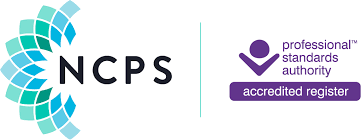
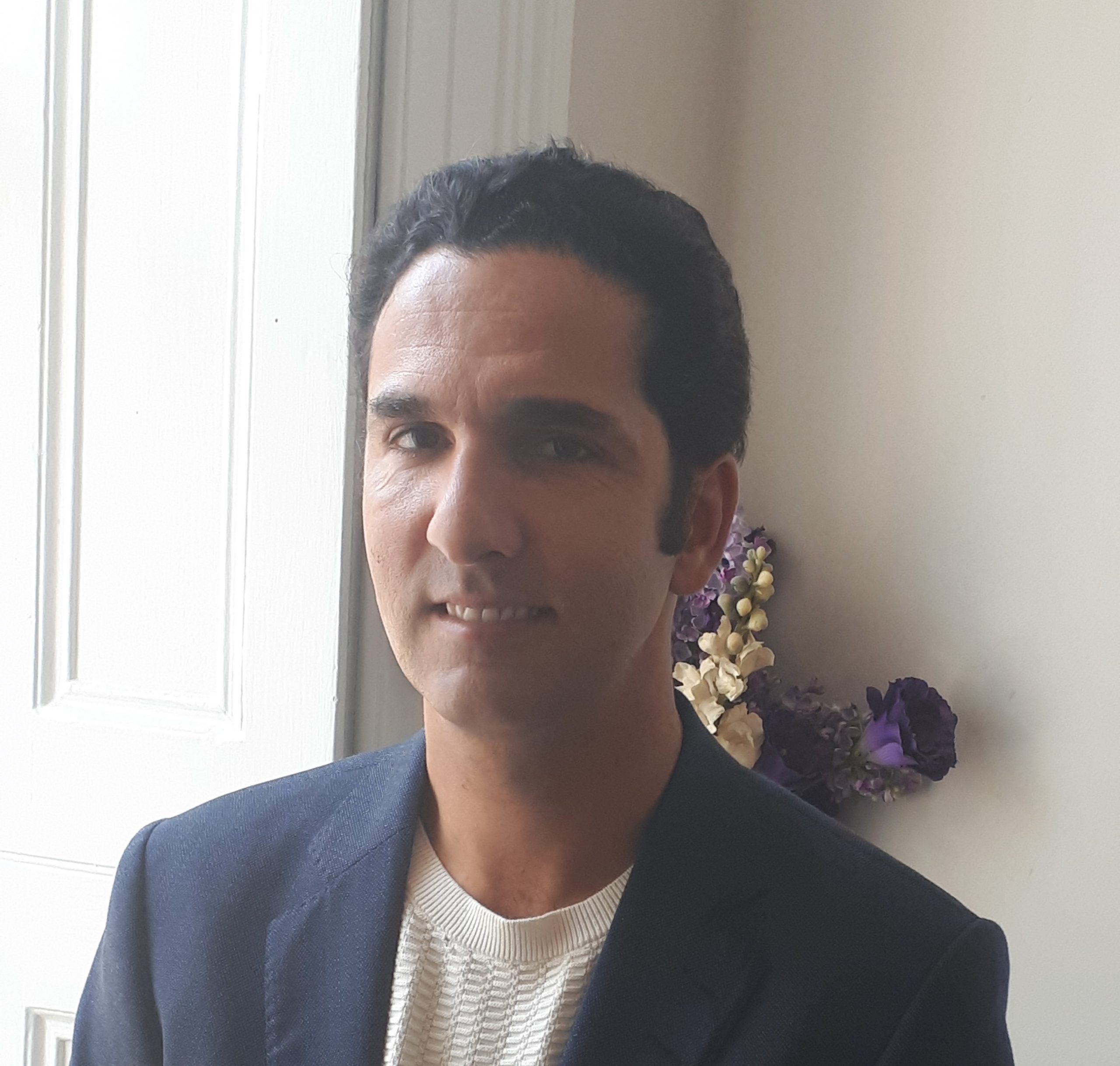
How can a Somatic Approach help you?
A somatic approach helps you tune into what’s happening in your body — the tension in your shoulders during a meeting, the held breath before speaking up, or the tightness that comes with self-doubt.
By noticing these patterns, we can gently explore how your body responds to stress and expectation. This awareness, combined with practical cognitive tools, helps you respond with clarity and confidence — rather than pressure or self-judgment.
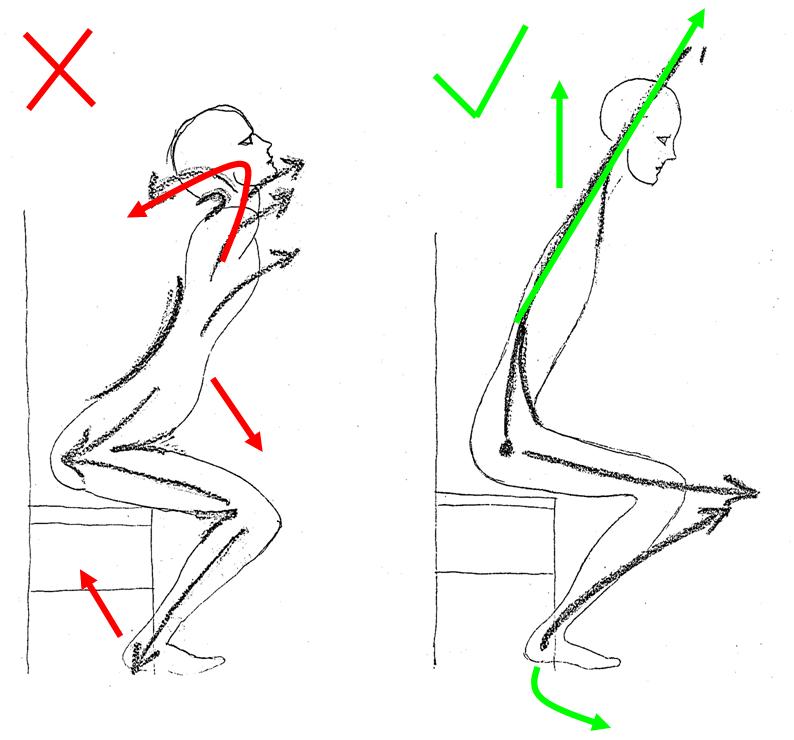
Let Go of Tension, Feel More Yourself
Feeling tight in your shoulders, neck, or back after busy days is common — especially under stress. Somatic support helps you notice where tension builds and gently release it, so your body feels lighter and your mind calmer. Gradually, you move through work and life with more ease, steadiness, and confidence.

Confidence and Self-Trust
Self-doubt often shows up first in the body — tight shoulders, shallow breathing, or a closed posture. Through somatic and cognitive support, you can release tension, clarify your thoughts, and build natural confidence from within. Learn to trust your decisions and feel grounded in work and everyday life.
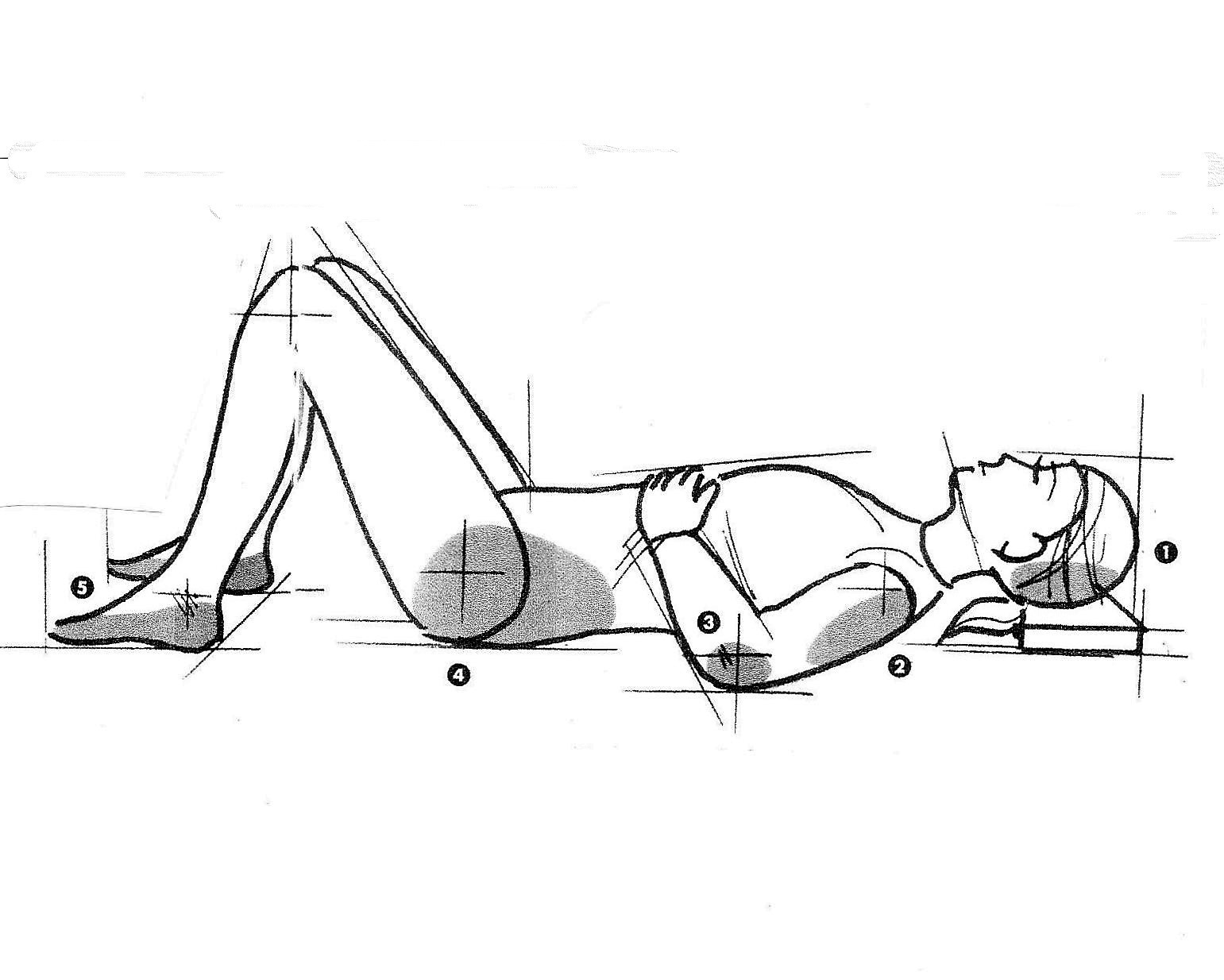
Creating Space in a Busy Mind
When thoughts race and stress lingers in the body, it’s hard to think clearly or stay present. This work helps you slow down, notice tension, and calm racing thoughts. By reconnecting with your body, you gain mental clarity, feel more grounded, and respond to pressure with ease.
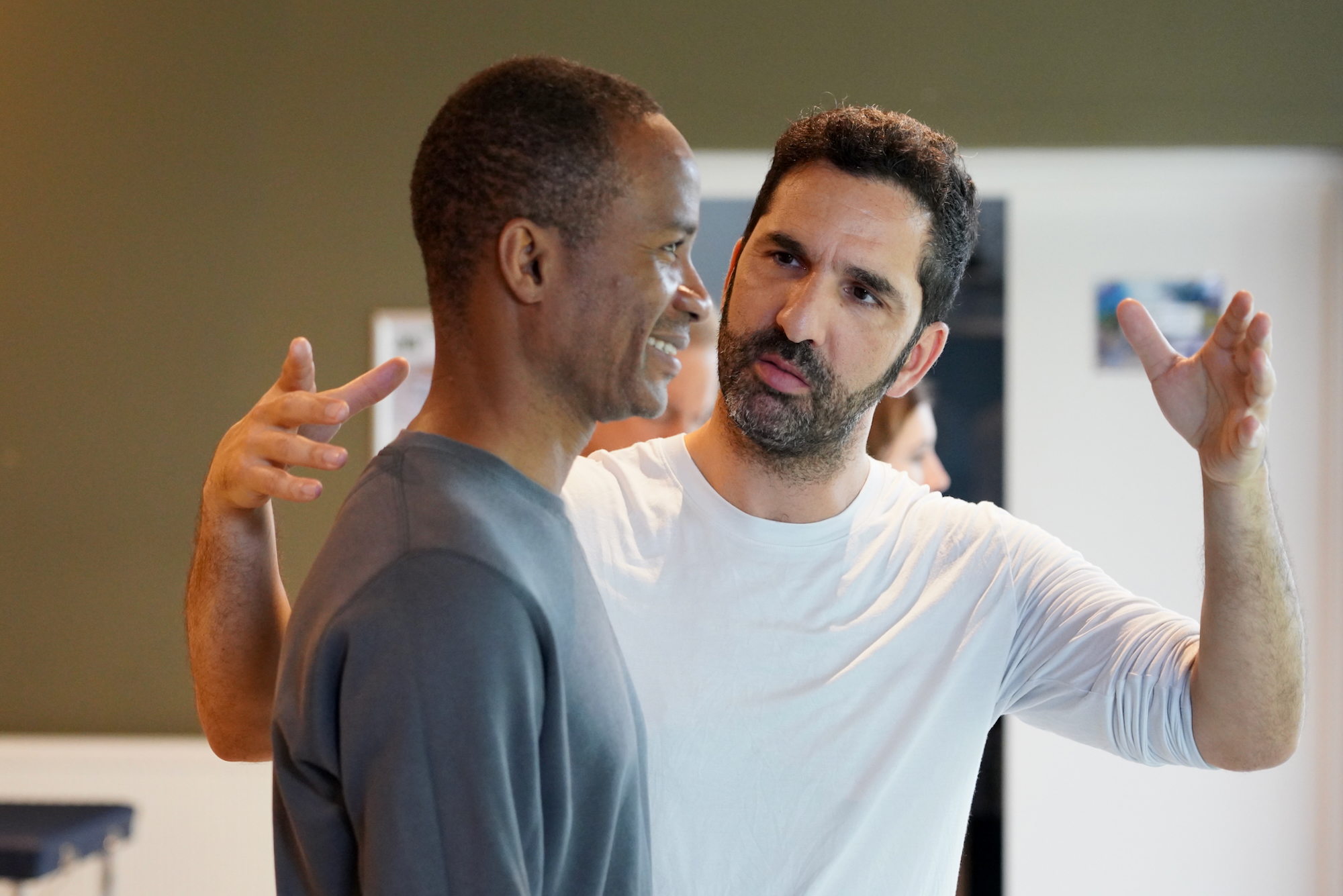
Standing Firm, Staying Kind
Saying yes when you want to say no or overextending yourself is common under pressure. Somatic and cognitive support helps you tune into your body’s signals, set clear boundaries, and speak up without tension or guilt. Build steadiness and kindness while protecting your energy.
Working with Your Thoughts, Not Against Them
If you often overthink what others might think or replay conversations, you’re not alone. These patterns can quietly drain your energy and fuel self-doubt.
Through our work together, you’ll learn to notice both your thoughts and body responses, catch unhelpful thinking before it spirals, set boundaries without guilt, and respond to pressure with clarity and confidence.
Over time, you’ll feel steadier, more self-assured, and able to focus on what truly matters. Explore how somatic cognitive support can help you work with your thoughts and body.

How to Find Me:
I’m based in North West London (NW1), where I offer private one-to-one sessions. The space is easy to reach by public transport, with nearby tube stations and several bus routes that make the journey simple.
You’ll find a Google Map on the booking page to guide you directly to the door.
When you’re ready to book, just use the online form. If you’re planning to drive, there are some limited parking options close by, and I can point you to the nearest ones.
